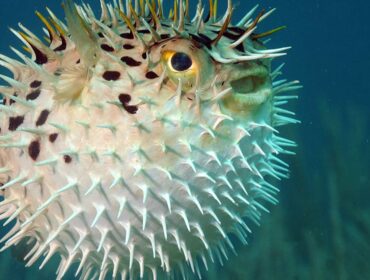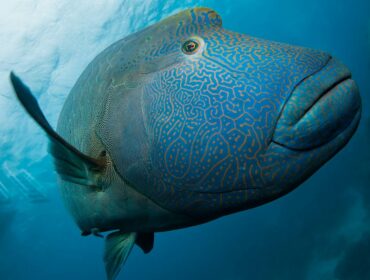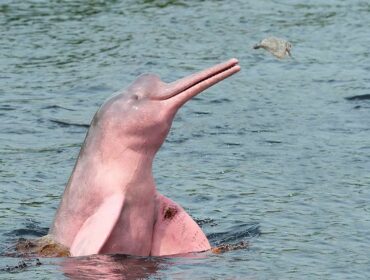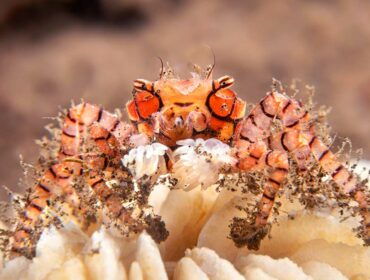For such tiny creatures, copepods play a big role in marine ecology. While some can grow to be 12 inches long, most species never exceed two millimeters. These animals belong to the crustacean family and are related to organisms like shrimp and lobsters. Like these other fauna, they live the entirety their lives in water.
Having nearly 500 million years to evolve, copepods have adapted to a huge range of aquatic environments that include saltwater, freshwater, brackish ponds, and even temporary pockets of water under organic debris or in the folds of plant leaves. With this widespread existence, it’s thought by many researchers that the combined volume of all varieties of this animal exceeds that of any other creature on Earth. Since most copepods live in the oceans, their massive presence has a major impact on the entire oceanic ecosystem. As part of the zooplankton community, they are the primary link between phytoplankton (microscopic ocean plants that pull carbon dioxide from the air and mineral nutrients from the seas) upon which they feed and animals further up the food chain, like small fish, or slightly larger crustaceans like krill, that devour copepods.
The very smallest of these shrimp-like animals possess transparent bodies and most species have a single eye in the center of the head. Some species can swim quickly for brief periods to escape predators. Diet-wise, different species specialize in phytoplankton, zooplankton, algae, or as parasites. In fact, the largest species, the foot-long Pennella balaenopterae, is an external parasite of whales. One interesting feature of temporary pond-dwellers is that their eggs can survive dehydration for several years.
Aside from their important part in the ocean’s food chain, copepods also provide other benefits to humans. Since some types prey on smaller creatures, they have been harnessed as a weapon against mosquitoes by releasing them to feast on their larva. For aquarium hobbyists, certain fish like the scooter blenny require these creatures for food. On the negative side, about half the known species of copepods are fish parasites, even acting as a key transmitter of the Guinea worm parasite to humans.





